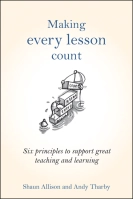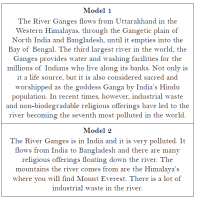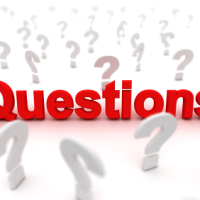This week’s Teaching Forum looks at the work of DHS geography teacher Sam Atkins, who is experimenting with some innovative and interesting ways of identifying his GCSE students’ perceptions about learning.
*
Sam was interested in how he could prevent students from falling behind at the start of Year 10. He was especially interested in one group of students: those who opted to take geography GCSE despite struggling to progress in the subject in Year 9. His initial aim was to pre-empt the struggles that this group of students might face so that they would make a smoother transition to GCSE.
Sam wanted to know more about what students think about geography – specifically, their self-awareness in terms of what they know about geography (i.e. their subject knowledge) and how to do geography (i.e. their metacognitive knowledge). The findings, he hoped, would help him to improve the effectiveness of teaching and learning in the subject.
Once he started to develop his plan, he realised that he could widen his scope to the whole year group. Using a questionnaire in Google Forms, Sam surveyed 110 Year 10 students. The questionnaire contained 24 questions: 9 subject knowledge questions, 7 metacognitive knowledge questions and 6 self-reflection questions. An example of a subject knowledge question was:
How challenging have you found learning about the climate characteristics of different ecosystems? (Rate 1-5, from ‘very challenging’ to ‘not very challenging’.)
An example of a metacognitive knowledge question was:
An important skill in geography is using figures (text, photos, diagrams, maps, graphs) to support an answer. (Rate from 1-4, from ‘I am good at this’ to ‘I need to improve at this’.)
A version of the questionnaire can be found here.
What were the findings?
- There is marginal difference between students’ perception of knowledge retention (the geography they know) and their metacognitive ability (knowing how to do): Q1-9 average response 2.7; Q10-16 average response 2.1.
- In the early stages of embarking on Geography GCSE, 45.5% of 110 students rated themselves as performing ‘Very well’ or ‘Well’.
- Most students remain cautious about over- or under-estimating their own levels of knowledge or metacognitive ability.
- Click here to see the findings for each question.
How has it informed practice?
- A clearer picture of the student landscape with regards to what knowledge they feel most/least confident in, likewise which GCSE skills they feel most secure in their ability to execute well.
- More personalised support and even more useful feedback to support learning and common issues with lack of confidence.
- Enhanced homework, lesson and revision session resources (see an example of the homework here).
- Enhanced levels of communication between students and staff.
What are the next steps?
- Year 10 focus group ‘Geography Gym’ (a small number of carefully selected students making less than expected progress at end of KS3 who are given additional support in morning workshops).
- KS4 homework to include questions/reflections on metacognition.
- Embedding of learning scientist revision strategies – see here – throughout lessons and homework
- Periodic surveying of student knowledge and metacognitive ability.
- Ensuring that students understand that there are three types of knowledge that are essential to doing well: knowing the geography; knowing the different skills and techniques available for communicating understanding; knowing which skill or technique to use at the correct time.
Takeaways for all teachers
Sam’s study reminds us that we should find every way we can to ‘get inside’ the thinking of our students. By doing this, we can find new and novel types of assessment data – alongside more conventional teacher assessments – to sharpen and enrich our understanding of where our students are and where to take them next. Canvassing our students’ thoughts also shows them how much we value their learning. However, we should not lose sight of the fact that as practitioners we are the ‘experts’ and that student responses like these are only one part of the whole.
On a practical note, Google Forms is a simple and user-friendly tool that schools can easily put to use with both staff and students.
By Andy Tharby









